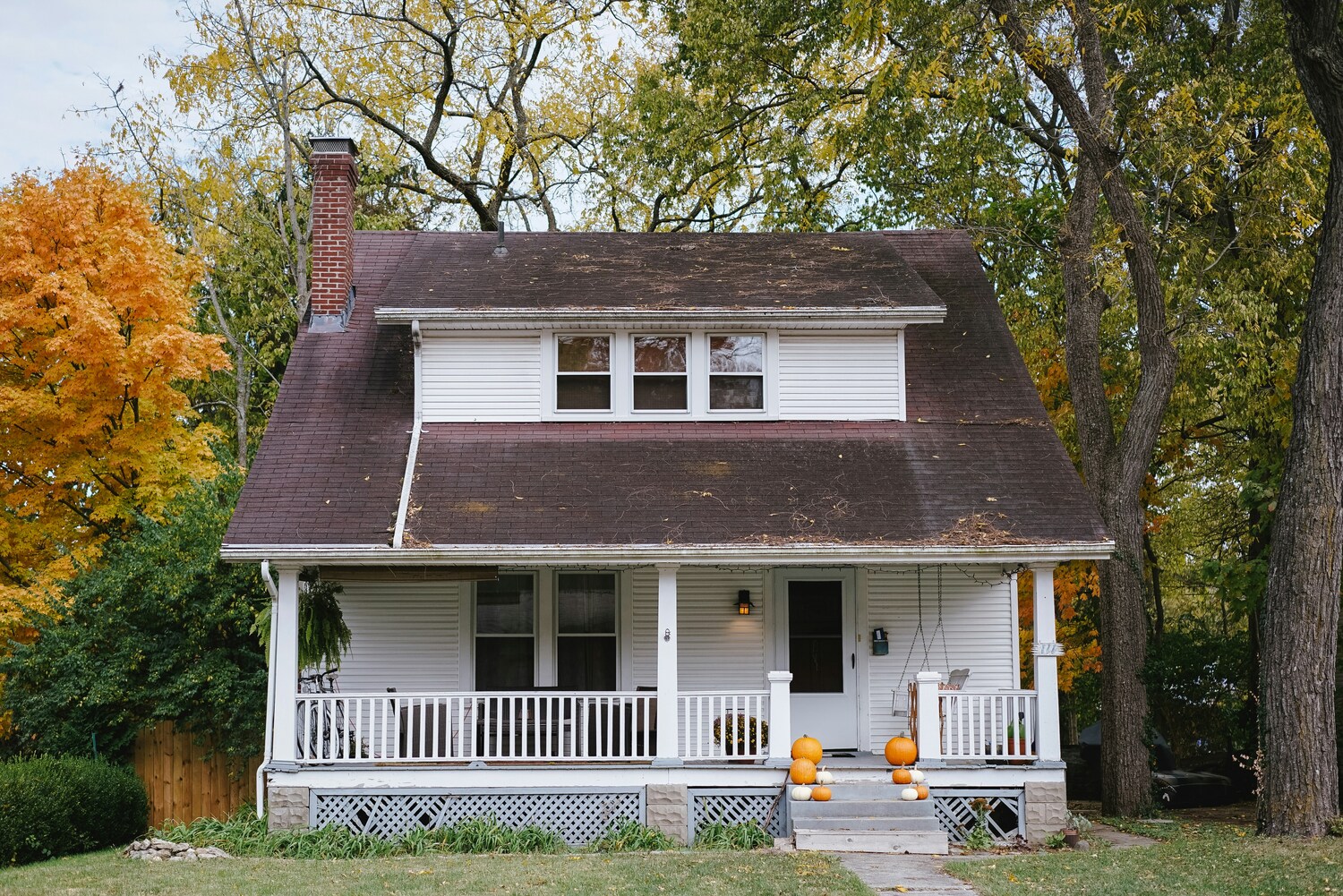
For years, downsizing has been marketed as the ultimate step toward simplicity and financial freedom. The story sounds appealing: fewer rooms to clean, lower utility bills, less clutter, and maybe even some extra cash from selling the family home. In theory, it’s a smart move, especially for retirees or those entering a new chapter of life. But hidden behind the glossy brochures and well-meaning advice is a truth few people talk about: downsizing can be incredibly lonely.
If you’ve ever walked through an empty home you once filled with laughter, birthdays, and late-night conversations, you know the hollow ache that comes when memories don’t fit inside a smaller space. For many, downsizing feels less like liberation and more like loss—a transition that can bring isolation, regret, and a surprising sense of displacement.
So why doesn’t anyone warn you about the emotional cost of downsizing? And more importantly, how can you prepare for the loneliness it often brings? Let’s break it down.
Why No One Warns You About the Loneliness of Downsizing
The Myth of “Freedom Through Less”
Cultural narratives glorify minimalism, often linking it to happiness. Downsizing plays into that idea: fewer possessions, fewer responsibilities, fewer headaches. And yes, for some people, that’s true. Financially, it often makes sense. Maintaining a large home in retirement can be expensive and physically exhausting. Downsizing can free up resources for travel or healthcare.
But here’s what rarely gets mentioned: downsizing isn’t just about square footage. It’s about identity. The home you’re leaving behind likely holds decades of memories. It’s not just walls and windows. It’s the smell of holiday meals, the sound of children running down the hallway, the dent in the doorframe where you marked their heights year after year.
When you reduce your physical space, you often compress your emotional world, too. And that can feel like erasing parts of yourself.
Why Downsizing Triggers Loneliness
The loneliness that comes with downsizing isn’t just about missing a house. It’s about losing a lifestyle and a sense of belonging. Here are the core reasons many feel blindsided:
1. You Lose Built-In Social Networks
Neighborhoods often serve as an informal support system. The neighbors you waved to for years, the local coffee shop owner who knows your order, the sense of familiarity when you walk down the street—these connections disappear almost overnight when you move. When you downsize, especially if you relocate to a different city or a retirement community, building those relationships from scratch takes time. In the meantime, the silence can feel deafening.
2. Your Home Held Emotional Anchors
Our homes aren’t just storage spaces for belongings. They’re archives of our lives. Downsizing forces you to make decisions about objects that carry emotional weight: family photos, heirlooms, even furniture that tells a story. Each decision feels like a tiny goodbye, and when combined, those goodbyes can feel overwhelming.
3. Smaller Space, Bigger Isolation
Ironically, the convenience of a smaller home often means less daily movement and fewer spontaneous interactions. In a large home, people tend to cross paths throughout the day. In a compact apartment or condo, it’s easier to spend long stretches alone.
4. You Can’t Downsize Your Memories
You can pack up furniture and boxes, but memories linger. Walking into a smaller space after years in a larger home can feel like trying to fit your life into a suitcase. It can trigger nostalgia, sadness, and sometimes even resentment toward the move.
The Psychological Side No One Talks About
Downsizing often coincides with other major life changes: retirement, children leaving home, or the loss of a spouse. Each of these can already trigger identity shifts and emotional turbulence. Downsizing piles on another layer, creating a perfect storm for loneliness.
What makes it harder is that downsizing is supposed to feel positive. Friends and family congratulate you. Financial advisors applaud the move. But when the reality hits—that you miss your old routines, your neighbors, or even the sound of a creaky staircase—it can feel like something’s wrong with you. That isolation intensifies when you believe you’re the only one struggling.

Financial Freedom Doesn’t Guarantee Emotional Security
One of the most common misconceptions about downsizing is that financial relief will offset emotional pain. While lower expenses can reduce stress, they don’t replace the sense of comfort and identity a beloved home provides. In fact, for some retirees, the money saved from downsizing doesn’t get spent on dream vacations or hobbies. It sits in the bank while they spend more time alone. Loneliness can’t be fixed by a healthy savings account.
How to Prepare for the Emotional Impact of Downsizing
The good news? With intentional planning, you can minimize the loneliness downsizing brings. Here’s how:
1. Start the Process Early
Downsizing under time pressure, whether due to health issues, financial strain, or sudden life changes, amplifies stress and regret. Begin sorting through belongings gradually. Give yourself time to reflect and honor the memories tied to objects before letting them go.
2. Choose Location Over Square Footage
Instead of focusing solely on the size of your next home, prioritize proximity to friends, family, or social hubs. A small home in a vibrant community can feel far less isolating than a larger home in a remote area.
3. Build New Social Connections Before You Move
If you’re relocating, join community groups or attend events in your future neighborhood ahead of time. Familiar faces on day one can make the transition easier.
4. Keep Emotional Anchors
You can’t bring everything, but you can choose a few items that carry deep meaning—family heirlooms, favorite artwork, or even a well-loved chair. These pieces help make a new space feel like home.
5. Talk About the Feelings (Before and After)
Acknowledging the emotional side of downsizing doesn’t make you ungrateful. It makes you human. Share your feelings with loved ones or consider speaking with a counselor to navigate the transition with clarity and compassion.
Downsizing Is a Life Transition, Not Just a Move
Downsizing is often portrayed as a purely logical decision—a way to simplify and save. But it’s not just a financial choice. It’s an emotional journey that can profoundly affect your sense of identity and belonging.
For some, the trade-off is worth it. For others, the hidden cost—loneliness—feels heavier than anticipated. If you’re considering downsizing, go into it with open eyes. Financial freedom is valuable, but emotional well-being matters just as much.
The loneliness of downsizing doesn’t have to be inevitable, but it does require planning, awareness, and honest conversations. Your next chapter can be meaningful—but only if you prepare for both the practical and emotional realities of the move.
If you’ve downsized, what surprised you most about the experience? And if you’re planning to downsize, what worries you most?
Read More:
Why Cutting Back Isn’t Helping Your Retirement Like You Think







